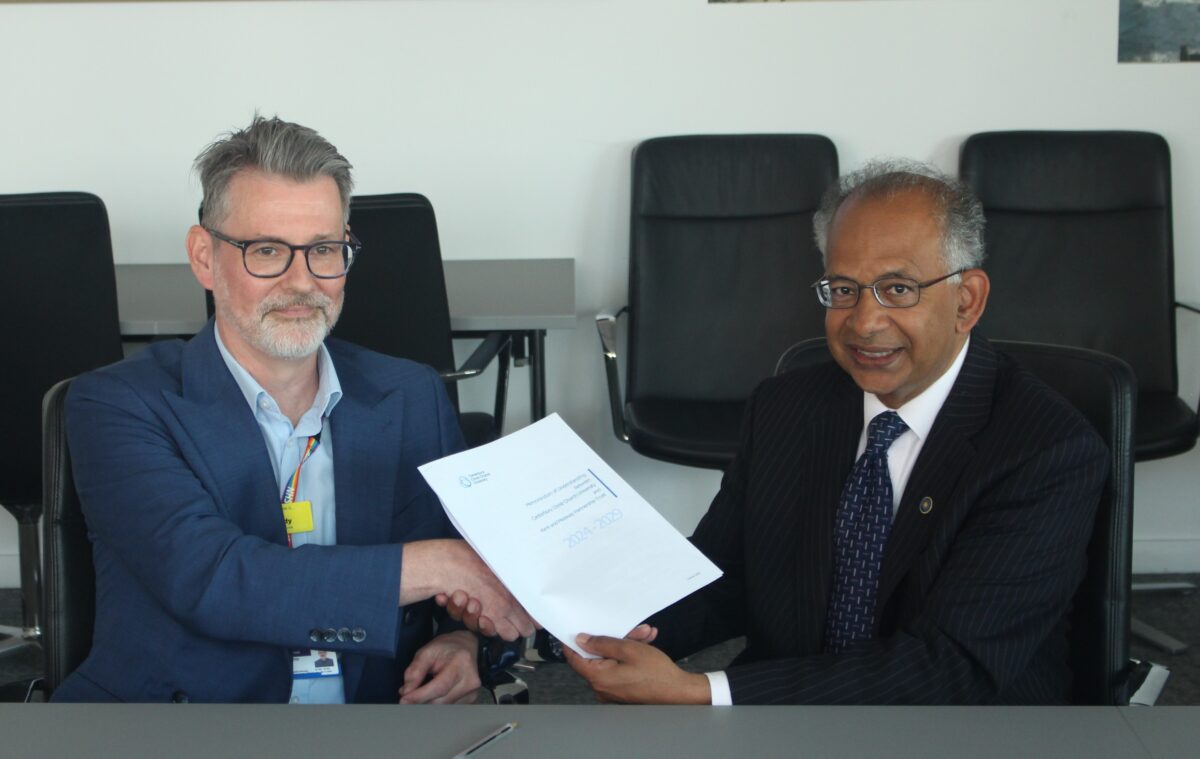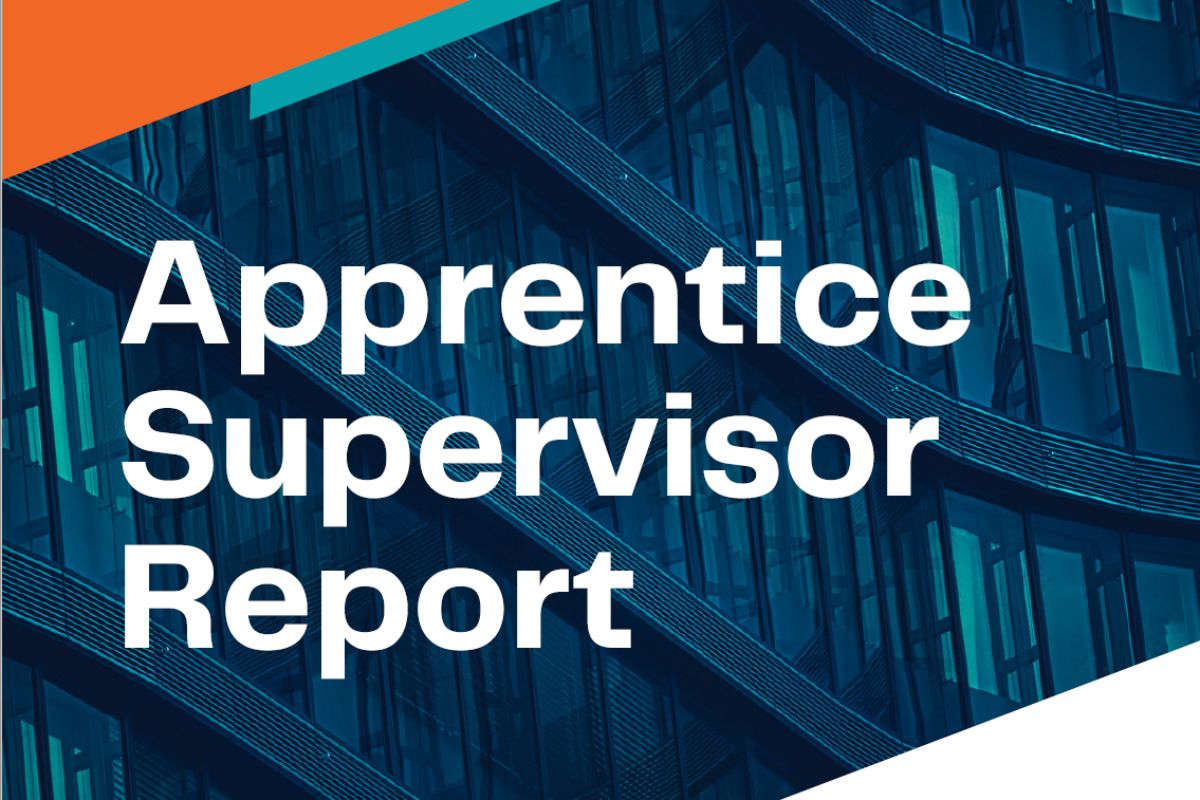New report reveals Universal Credit prevents recipients from accessing training to improve employment opportunities

Persistent obstacles are preventing people on Universal Credit (UC) from accessing training which could improve their career prospects, make savings to the UK Government in reduced benefit payments, and achieve the Government’s Levelling Up agenda.
A new report published today by the Work Foundation think tank at Lancaster University shows that in May 2022, nearly 2.4 million people – 43% of those on Universal credit – were subject to ‘intensive work search group’ requirements potentially holding them back from training.
Inflexible benefits conditions, funding and expenses issues – including with childcare – and Jobcentre Work Coaches without the time, knowledge or capacity to help, all stand in their way.
The Work Foundation interviewed people on Universal Credit across England. All were either accessing training or interested in doing so. Most wanted training to change industries or pursue a new career, some to allow them access to more stable hours, better pay and a calmer work environment, and many to gain better jobs to fit around caring needs.
Interviewees said that being required by the Jobcentre to spend a portion of their week searching and applying for jobs was holding them back from taking part in courses to build new skills, and this short-term focus on applications meant they weren’t getting information they needed about training opportunities.
“Too often the Government’s approach to Universal Credit is at odds with their Levelling Up ambitions. Rather than a system that supports recipients to improve their skills to access more secure and better paid jobs, it drives people to take on any job regardless of how suitable it is to their needs and aspirations,” said Ben Harrison, Director of the Work Foundation.
“Conditionality prevents many people on Universal Credit from accessing the full range of opportunities that would benefit them in the long term, and could also ultimately reduce welfare spending. Relationships between recipients and Work Coaches are often transactional, and for some people in our research, meeting Universal Credit requirements by searching for work 35 hours a week is a full-time job in itself. The costs of not meeting these requirements – in the form of sanctions – are very real, especially during a cost of living crisis.”
For people with caring responsibilities, a lack of affordable childcare made it difficult or impossible for some to access training. While parents receiving UC may be eligible for support to meet 85% of their childcare costs, this is paid in arrears, and some struggle to afford the remaining 15%.
Ben Harrison added: “This illustrates the wider issue that the UK needs a system of affordable, flexible childcare to allow parents and carers to fully participate in the labour market.
“One 25-year-old woman told us she had to turn down a fully-funded nursing course because she did not have childcare. Another turned down the opportunity to attend a short training course because it was too short notice to arrange childcare.”
While recognition of this problem has led to a welcome pilot initiative to allow people getting UC a short break from work search requirements to take part in training, research suggests in practice more fundamental changes will be needed to unlock training opportunities for people on UC. The report’s recommendations include:
- Restrictions should be removed to allow anyone receiving UC to study part or full-time for at least one year. Conditionality requirements should be adjusted to account for time spent studying.
- Clear information needs to be provided to all claimants about studying opportunities and available funding.
- The Government and Jobcentres should ensure Work Coaches have the time to support everyone with an interest in accessing training, and have up-to-date knowledge of local skills ecosystems, labour market demand and training opportunities.
- Affordable childcare provision should be prioritised, with parents and carers on UC having costs covered in full and paid up-front.
Read the report here.











Responses